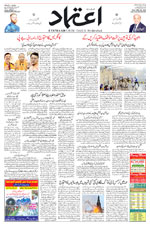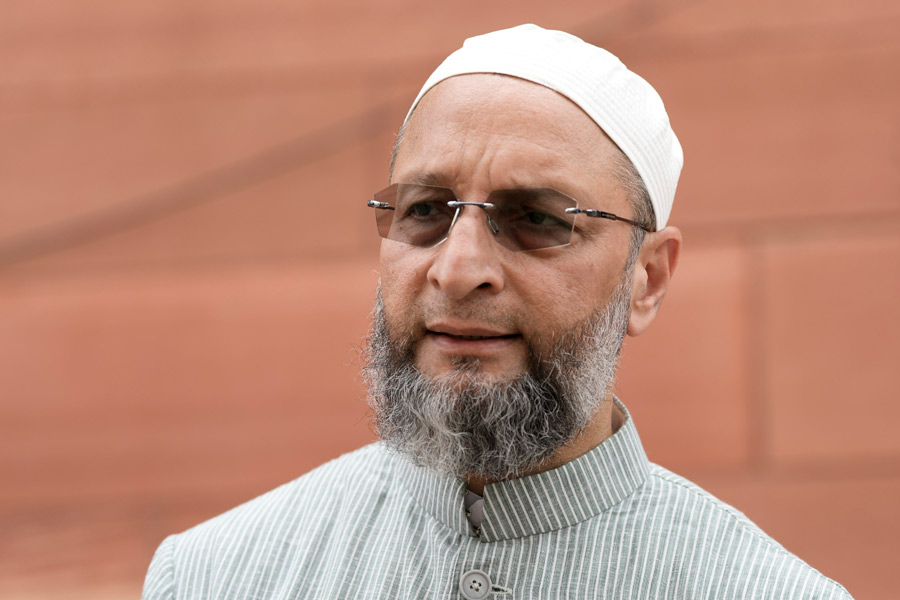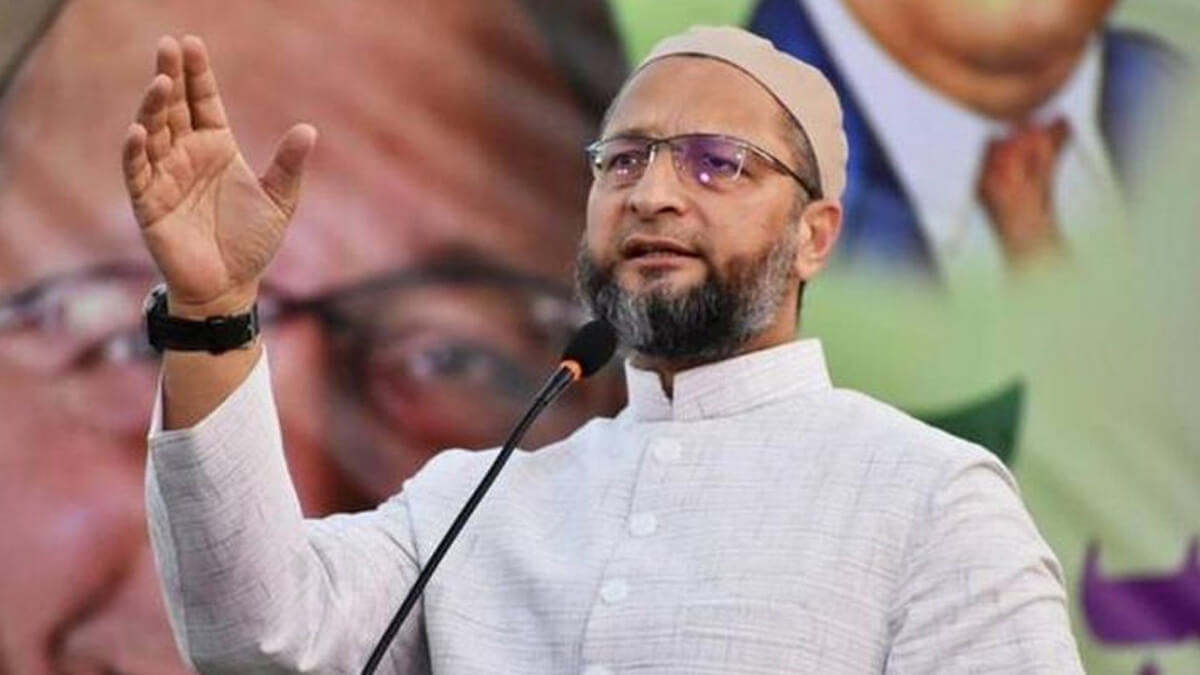AIMPLB To Challenge Supreme Court's Alimony Ruling
Mon 15 Jul 2024, 11:40:40
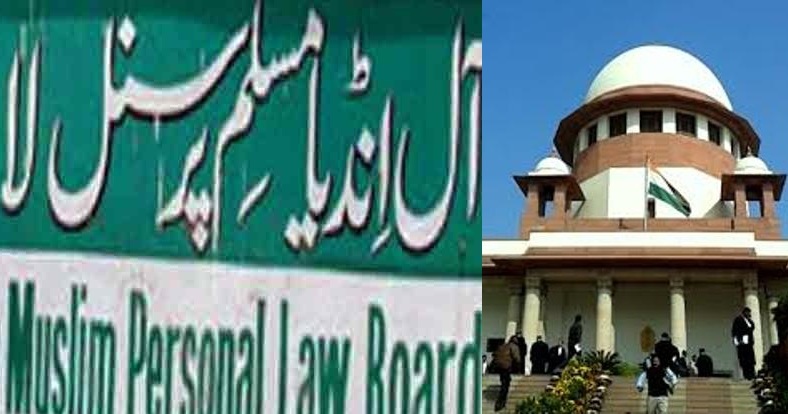
The All India Muslim Personal Law Board (AIMPLB) has announced its intention to challenge the Supreme Court's recent decision mandating the payment of maintenance to Muslim divorcee women beyond the period of 'Iddat'. The decision to challenge the ruling was made during a meeting held in Delhi on Sunday.
The AIMPLB convened to discuss the implications of the Supreme Court's order and explore the legal avenues available to them. During the meeting, board members argued that, according to Sharia law, a woman is entitled to alimony only until the completion of her iddat (waiting period). Once this period concludes, the woman is free to remarry, and the husband's obligation to provide maintenance ends.
The board also emphasized that if children remain with the mother post-divorce, it is the husband's responsibility to bear their expenses. Additionally, the AIMPLB stressed the importance of ensuring that Indian Muslims provide their daughters with a share of property according to Sharia law. The board suggested that if a divorced woman faces financial difficulties, the Waqf Boards of different states should support her, as the board's property belongs to Muslims.
This announcement
follows the Supreme Court's historic judgment on July 10, which ruled that Muslim women can seek maintenance from their husbands under Section 125 of the Code of Criminal Procedure (CrPC). This section, which addresses a wife's right to maintenance, applies to all married women regardless of their religion.A bench comprising Justices BV Nagarathna and Augustine George Masih delivered the concurrent verdict, clarifying that Section 125 of the CrPC applies to Muslim women as well. "We are hereby dismissing the criminal appeal with the major conclusion that section 125 would be applicable to all women and not just married women," Justice Nagarathna stated while pronouncing the verdict
follows the Supreme Court's historic judgment on July 10, which ruled that Muslim women can seek maintenance from their husbands under Section 125 of the Code of Criminal Procedure (CrPC). This section, which addresses a wife's right to maintenance, applies to all married women regardless of their religion.A bench comprising Justices BV Nagarathna and Augustine George Masih delivered the concurrent verdict, clarifying that Section 125 of the CrPC applies to Muslim women as well. "We are hereby dismissing the criminal appeal with the major conclusion that section 125 would be applicable to all women and not just married women," Justice Nagarathna stated while pronouncing the verdict
The Supreme Court's ruling has sparked a heated debate within the Muslim community and among various personal law boards. The AIMPLB's stance is based on the belief that the order contradicts Islamic Shariat law, which stipulates that a husband is obligated to pay maintenance only during the Iddat period (a three-and-a-quarter month timeframe) following a divorce. After this period, the woman is free to remarry or live independently, and the former husband is no longer responsible for her maintenance.
No Comments For This Post, Be first to write a Comment.
Most viewed from National
Most viewed from World
AIMIM News
Owaisi hails SC order on Places of Worship Act
Dec 13, 2024
AAP Corporator Tahir Hussain joins AIMIM party
Dec 11, 2024
BJP-SP two sides of same coin: Asaduddin Owaisi
Nov 19, 2024
Latest Urdu News
Most Viewed
May 26, 2020
Do you think AAP will perform better in Delhi polls without alliance?
Latest Videos View All
Like Us
Home
About Us
Advertise With Us
All Polls
Epaper Archives
Privacy Policy
Contact Us
Download Etemaad App
© 2024 Etemaad Daily News, All Rights Reserved.

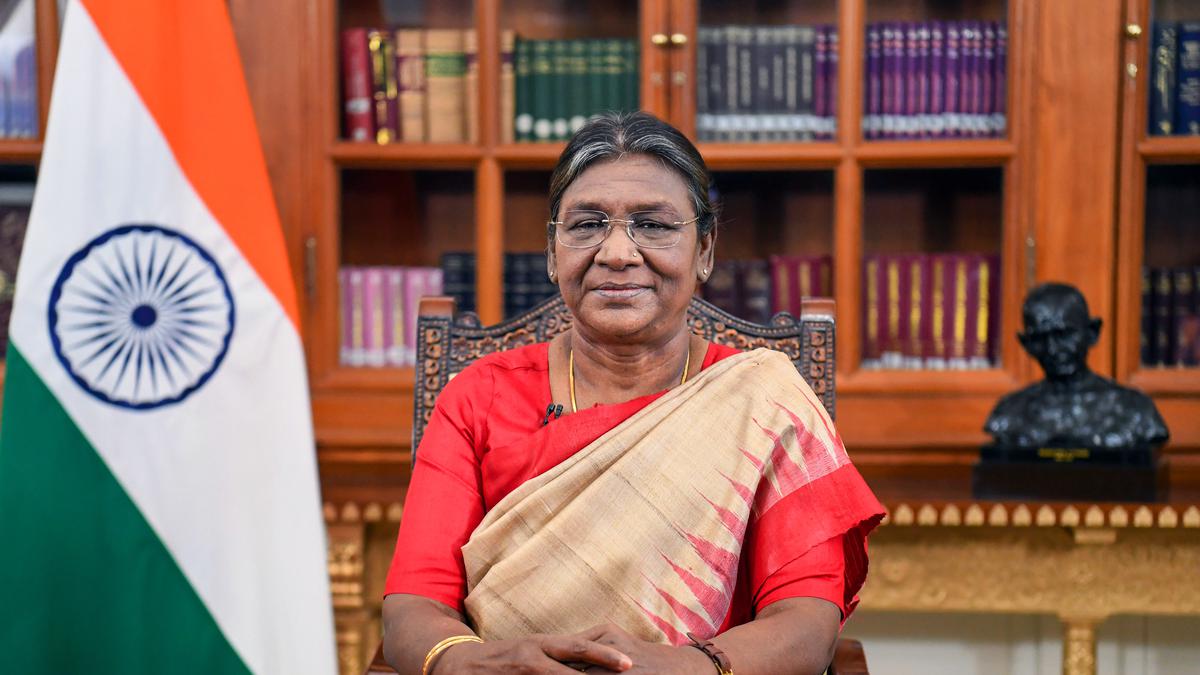

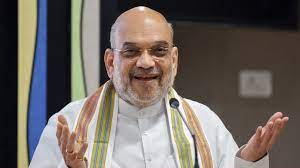
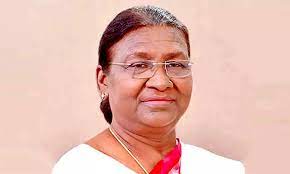
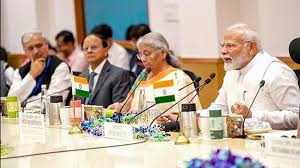
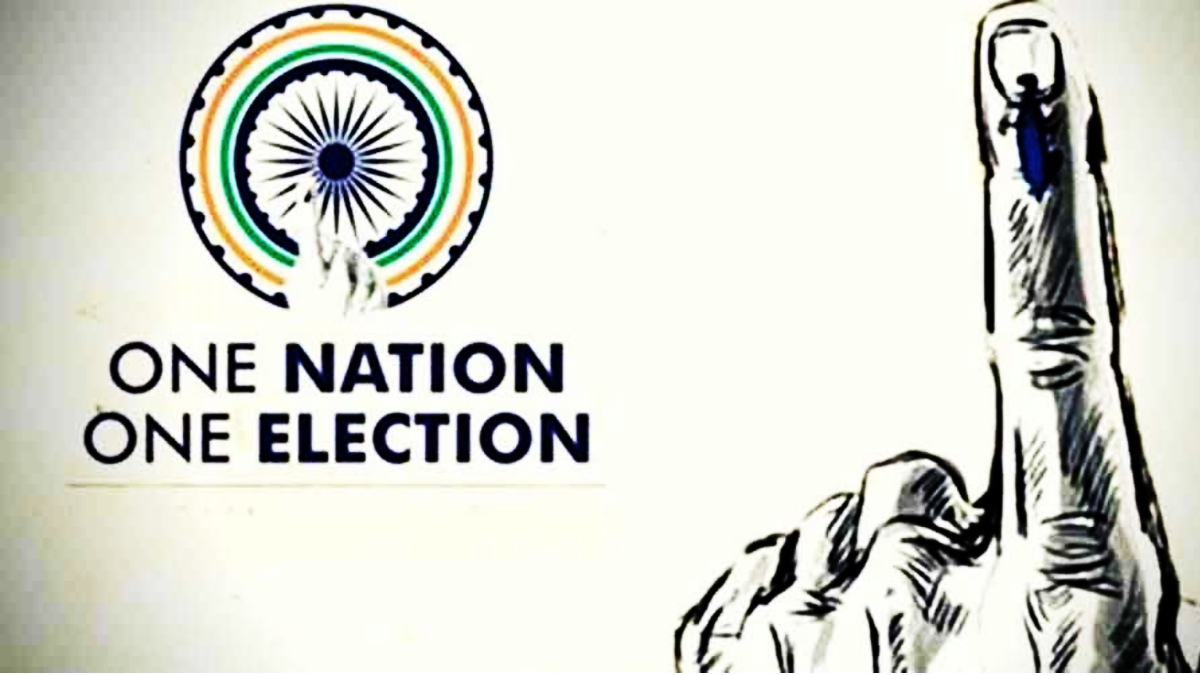
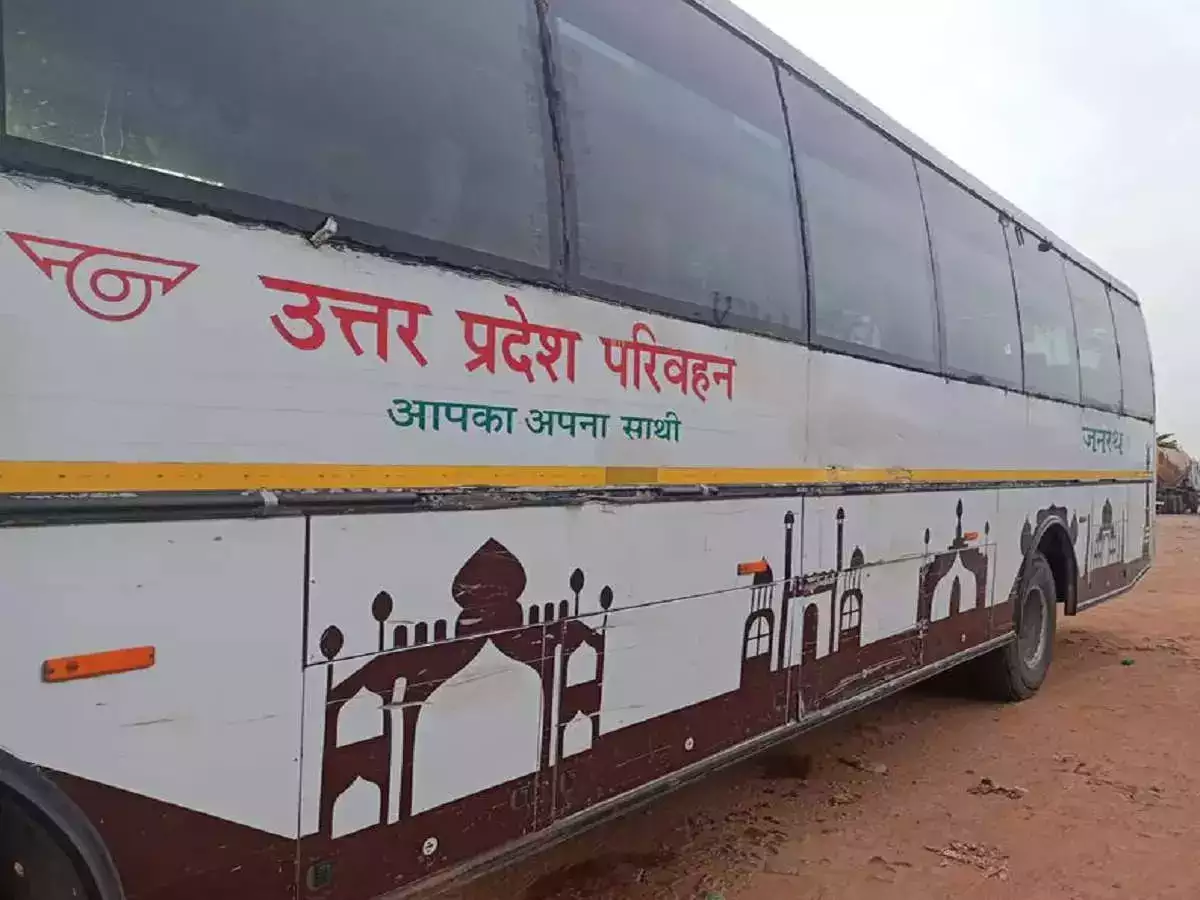
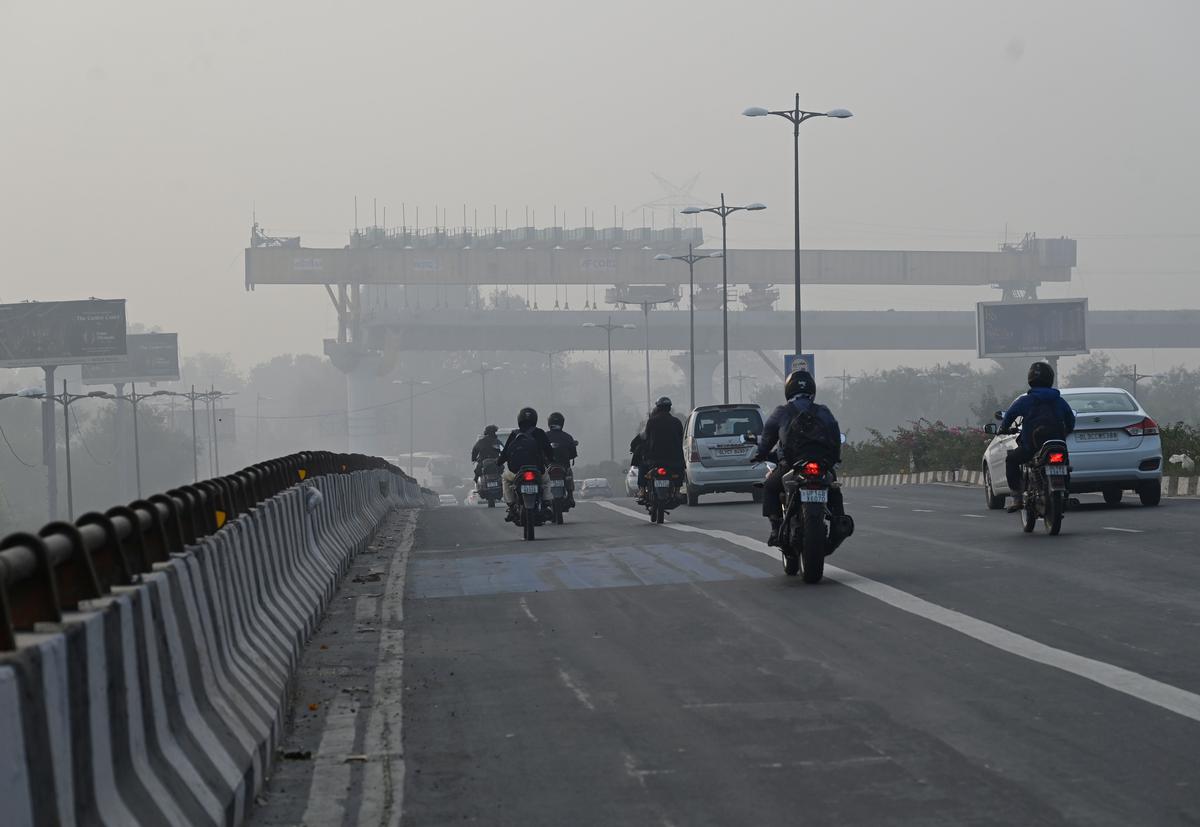






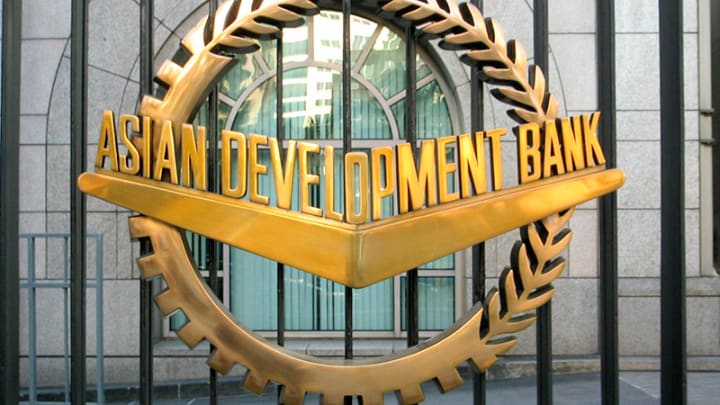






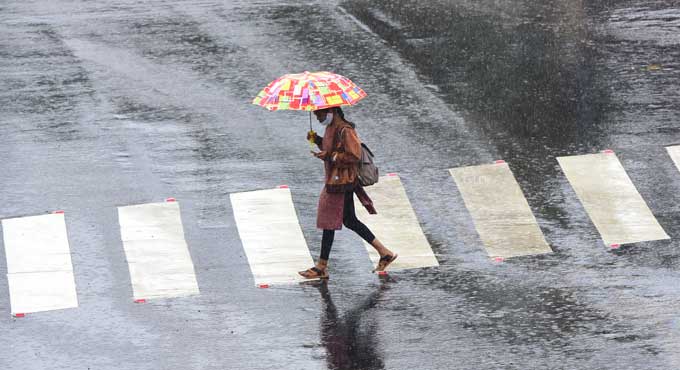

.jpg)

